
Simon Snow, 23 April, 2024
Occupational health and safety professional Simon Snow has found a role that draws on his strengths as a team player.
Read about:
What led you to a career in occupational health and safety?
From leaving the Army in 2007 I found working in construction keeps me connected to a team environment. Working in safety in construction is exciting as we use systems and process which is how I was trained in my earlier career, so it came naturally for me.
What do you enjoy about your role?
I enjoy being involved in the construction projects and watching the builds progress. I enjoy the planning for the builds and seeing how we can innovate in the builds and succeed. Having successful projects is a win for myself and my employer which is in turn a win for the smaller contractors on site. If this occurs everyone goes home safe with good morale.
Within construction I enjoy the technical part of safety. I like getting involved in the planning and the strategy which helps drive projects. Within occupational health and safety you can look for common issues and deep dive into the causes and impact. You then have opportunities to influence management, as well as working with the teams alongside and below you, to make a difference.
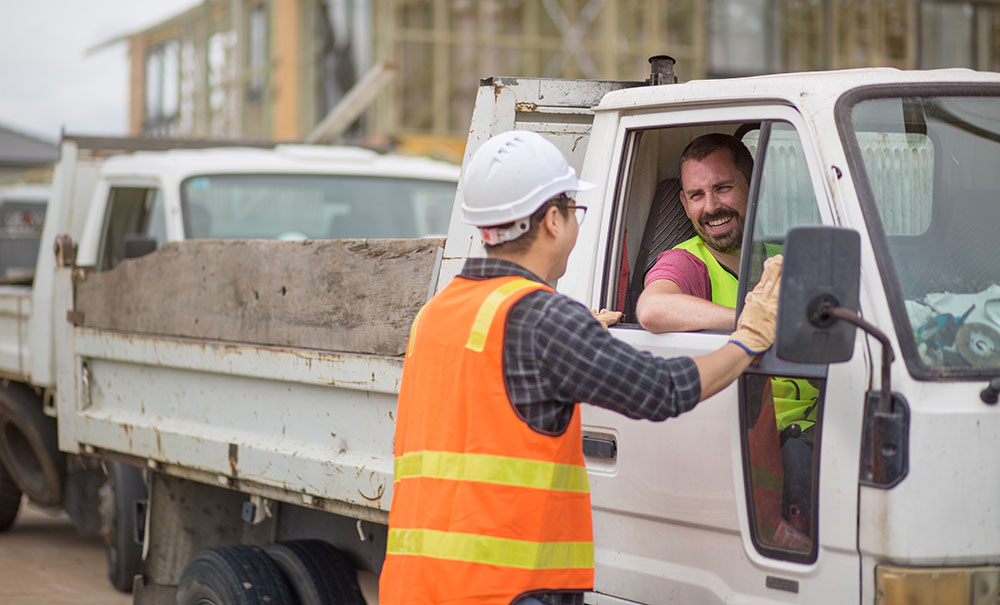
What are the different careers you can work in within construction safety?
You have civil and general construction. I enjoy the jobs that are different, like projects that involve installing a large aquarium or builds for remote communities in northern Australia.
I’ve also worked on maintaining safety for teams working hazardous environments, for instance bulk fuel upgrades for naval bases or in aviation. That job involved an upgrade of bulk fuel tanks. When people are working in a hazardous area like that, you have to think about the risk of sparks. You can’t just do what you do normally, for instance you can’t put a grinder on the side of a tank. It’s a unique set of hazards and everything is done on a larger scale, so there’s a lot to consider.
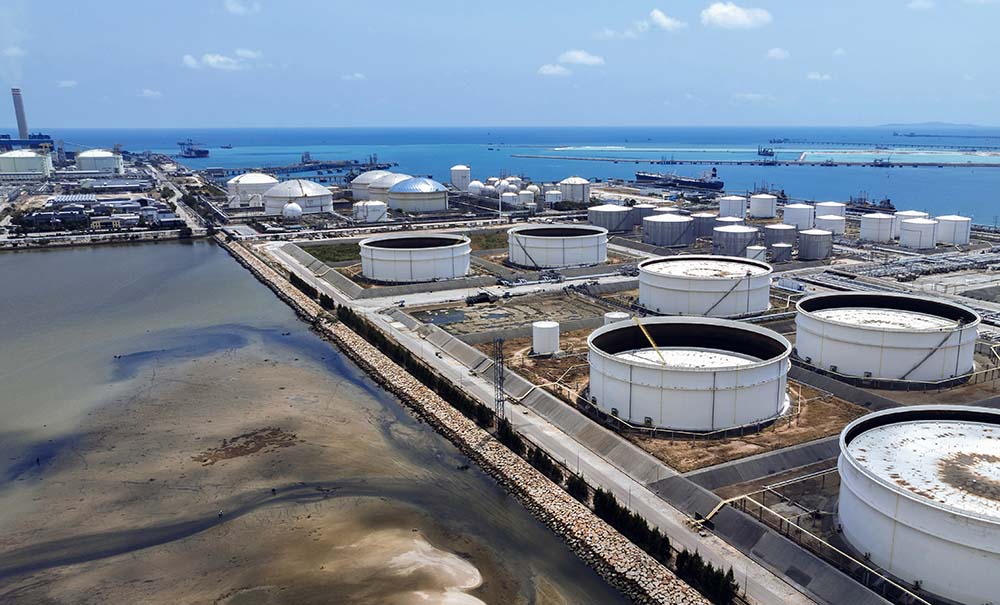
When you have a project like that there’s a lot more involved with the preplanning. And when it comes to carrying out the work you have to follow the processes and plans. If something goes bad it’s really bad, so you do have to be quite careful. But I find that stuff exciting – you’re involved in the front end on site, as well as the planning.
What’s a typical day workday in occupational health and safety?
In my current role I often work out on site. With technology it’s much easier, 5-10 years ago we spent a lot of time in the office but now we can be out working with the different teams on range of different projects.
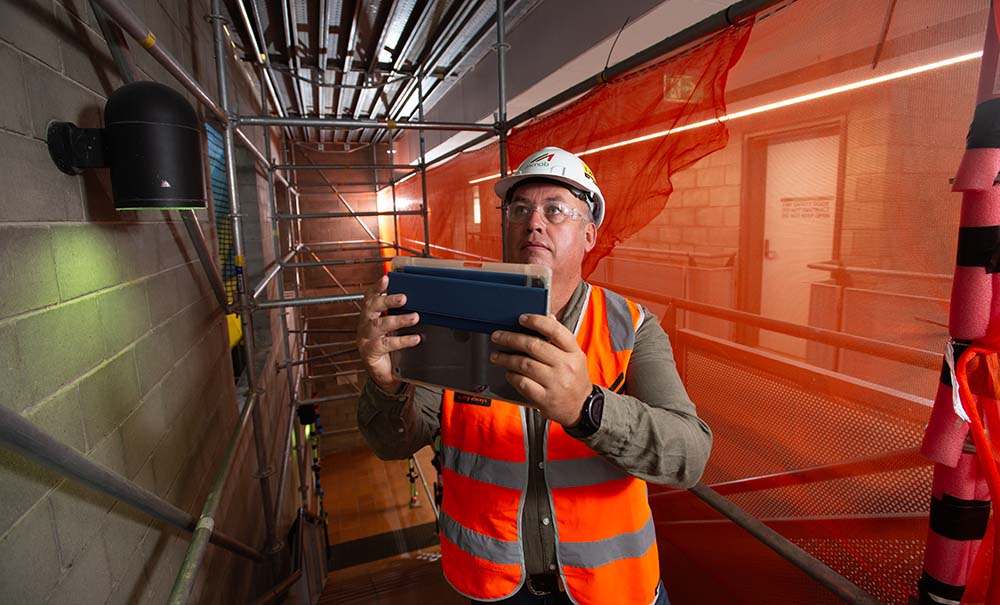
My day starts early, getting up at around 5.30am. By 7am I’m on site saying hi to the teams. Everyday is quite different and I might visit 4 different jobs in a week. For instance at the moment I’m working on a project for the Port of Brisbane as well as a cold storage job out at Wacol.
When I’m on site I could be doing an internal audit with the team or chatting with the individual site managers. I might attend risk reviews and work with teams to identify issues. I can also support teams to help them prepare for leadership meetings or to plan the projects.
Sometimes I chat with the clients to engage with them about the progress of the project. When there is a client audit I can support the project team, working on site with the project advisor as they are audited by the client.
And while we never like it to happen, if there are ever any incidents onsite I will work as part of the incident team to work out what went wrong. We will investigate the incident and make recommendations on what to do going forward. It’s an important part of the role because you never want an incident to occur and if we don’t learn from the incident, it could occur again.
What have been a highlight of your career so far?
My highlight would be working in remote communities to build infrastructure and housing for Indigenous communities. I worked on a remote housing project in Cape York. We delivered housing to five different communities. There was a lot more stakeholder engagement and consultation than on other projects. We had to talk with the local communities to make sure they were happy and the builds met their needs.
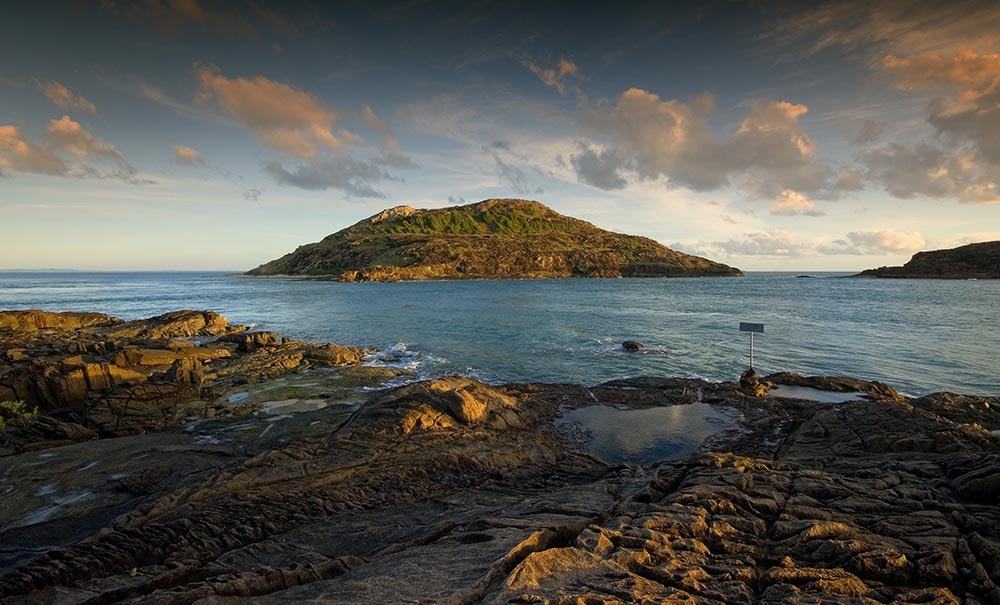
Planning is critical for those projects but it’s also a really exciting opportunity to work remotely. When you are onsite with the team you have to be really self-sufficient.
What was the most challenging aspect of that project?
The remote aspect of the job was really challenging. The houses for the communities were built in Cairns in two pieces and transported across Cape York peninsula to Kowanyama. Everything had to go by remote roads so we had to factor in when materials were going to be needed and how they were going to be brought in. There was a huge amount of planning involved. Working on a project like that you have to think about the weather, road conditions, and timings for transport.
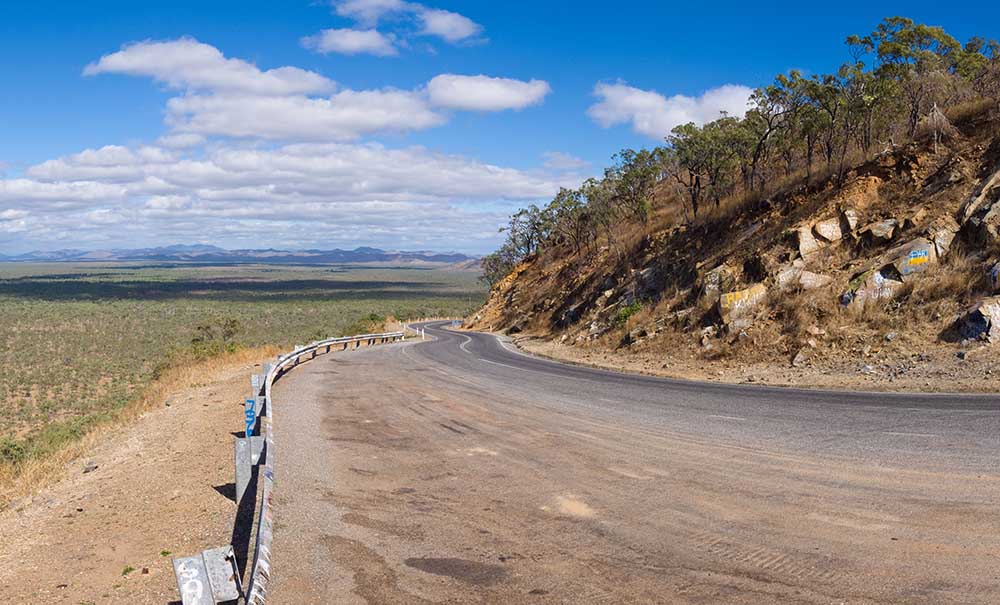
What was the most rewarding part of the project?
The project was exciting because of the people you get to meet – we connected with a lot of interesting people you wouldn’t normally encounter. We employed locals on the build, working as forklift operators and in similar roles. With that you have to keep people engaged and onboard with the project.
The project went to plan and by the end of the job the houses looked great and the community was really happy with the outcome. With any job you make connections that can be useful for future projects, but with this project it was the relationships we made with the community that were really rewarding.
And even though the remoteness of the location made it challenging, that also made it a really fun job to be involved with. You would be on site and when you look up you could see the ocean and islands and you’re working in a tropical environment.
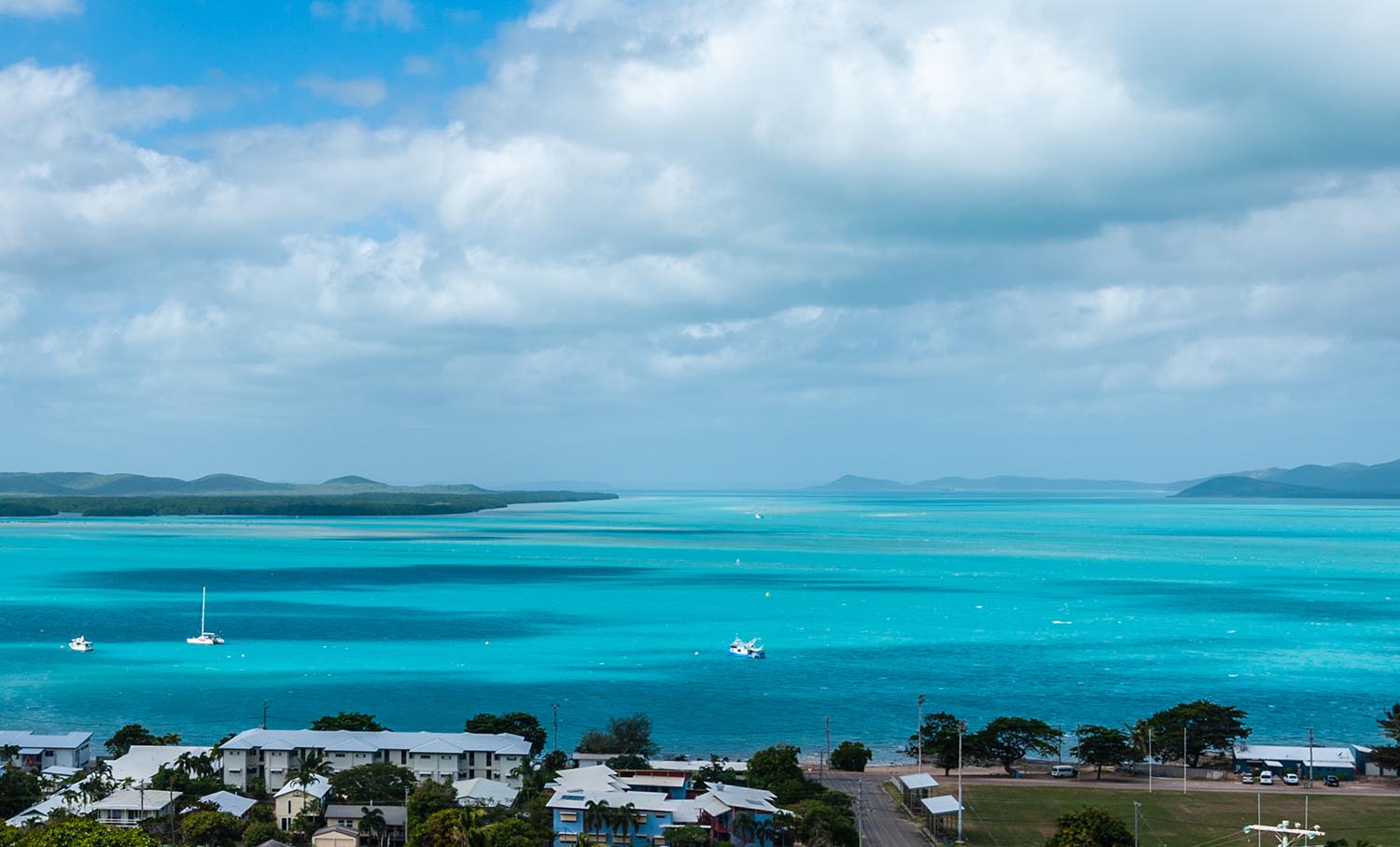
How have your studies at QUT helped you in your health and safety career?
Understanding the theory behind the process helps with my role. I’ve come to uni later in life, having worked in construction and done a cert 4 and an advanced diploma. Doing uni gives you advanced knowledge and opens your mind to best ways to do things. You get the theory behind the knowledge.
In some cases my studies have reinforced what I already knew, but I’ve also been given ways of working that I wish I’d know much earlier. Ongoing learning keeps you focused on life challenges. I enjoyed undertaking higher learning and it reinforced how I have been doing safety over the years.
What is it like studying at QUT?
The learning environment on campus at QUT is engaging and having industry guest speakers at our lectures is awesome as you hear their views on how the theory works in the bigger picture.
The lecturers are supportive also which helps with the course. The online portal is amazing, easy to follow and use. The online library is great, and I like the on campus library as well. You can go in there to do your research and there are so many articles you can read to help form your thoughts and add to your knowledge.
More importantly the connections and opportunities at QUT are good. You can hear from people in the industry and benefit from their insights. Plus field visits and networking opportunities are valuable and really do assist with your career.
